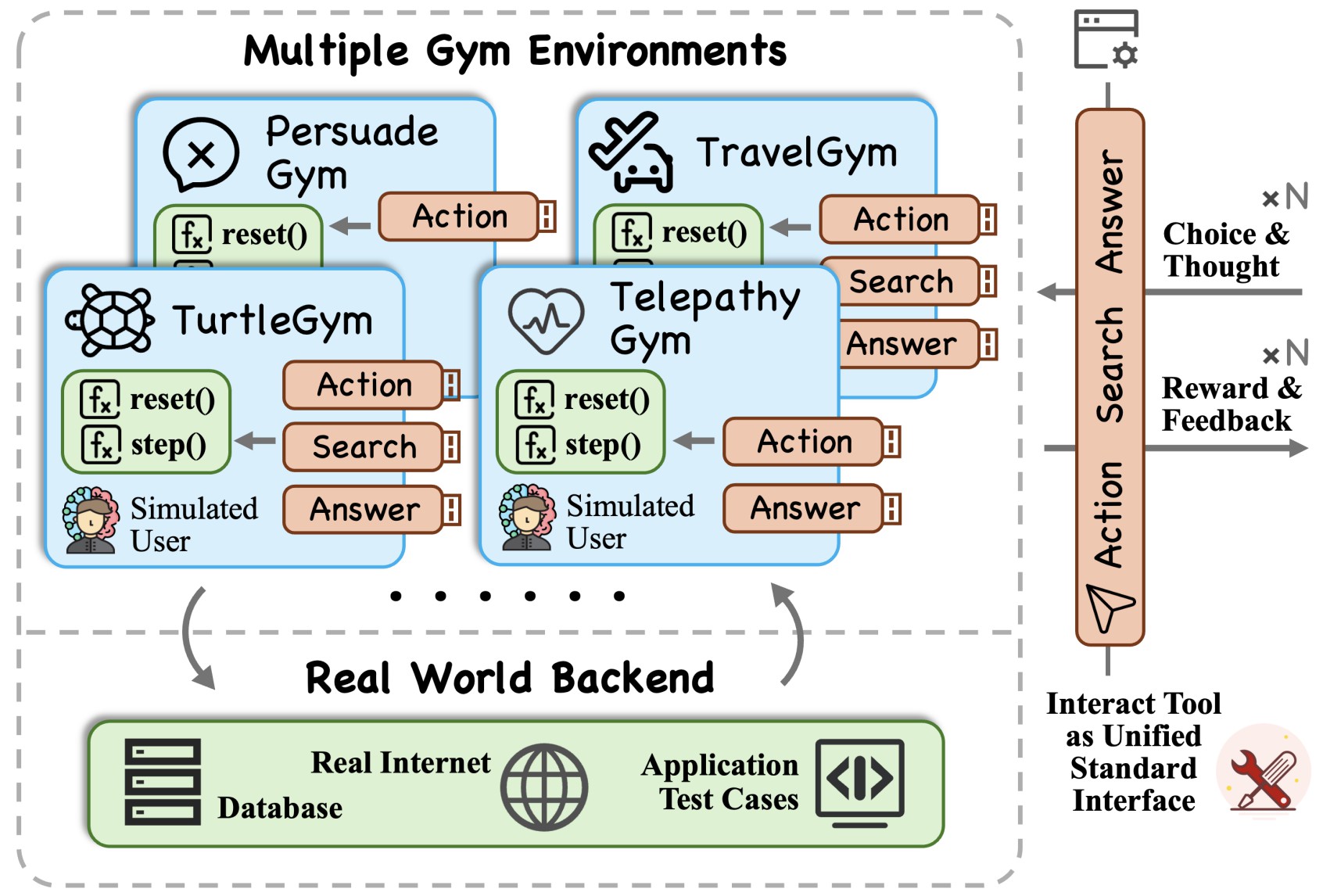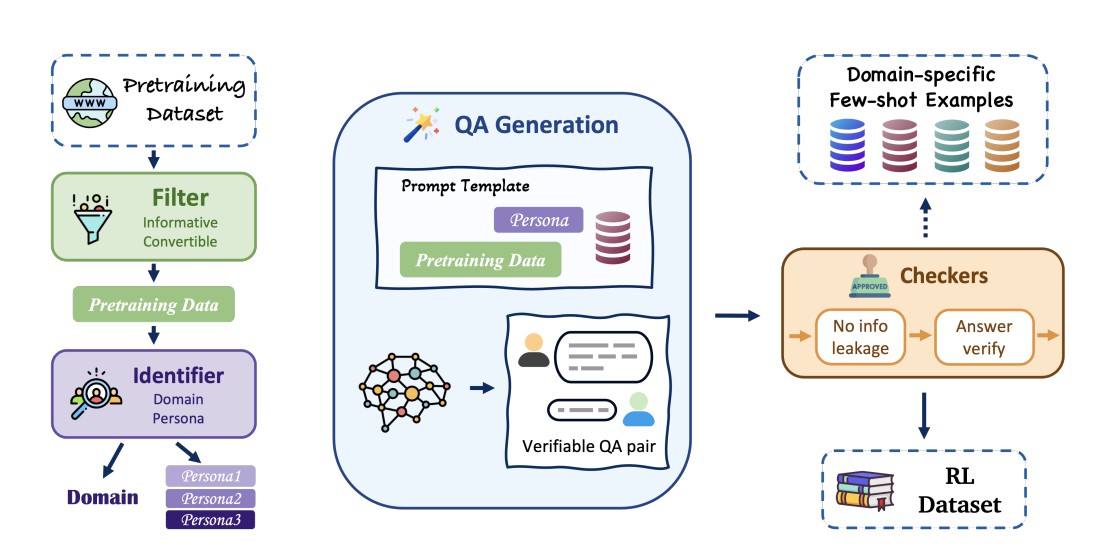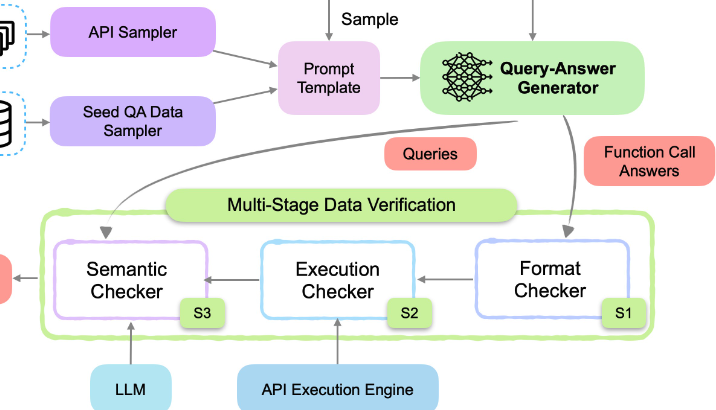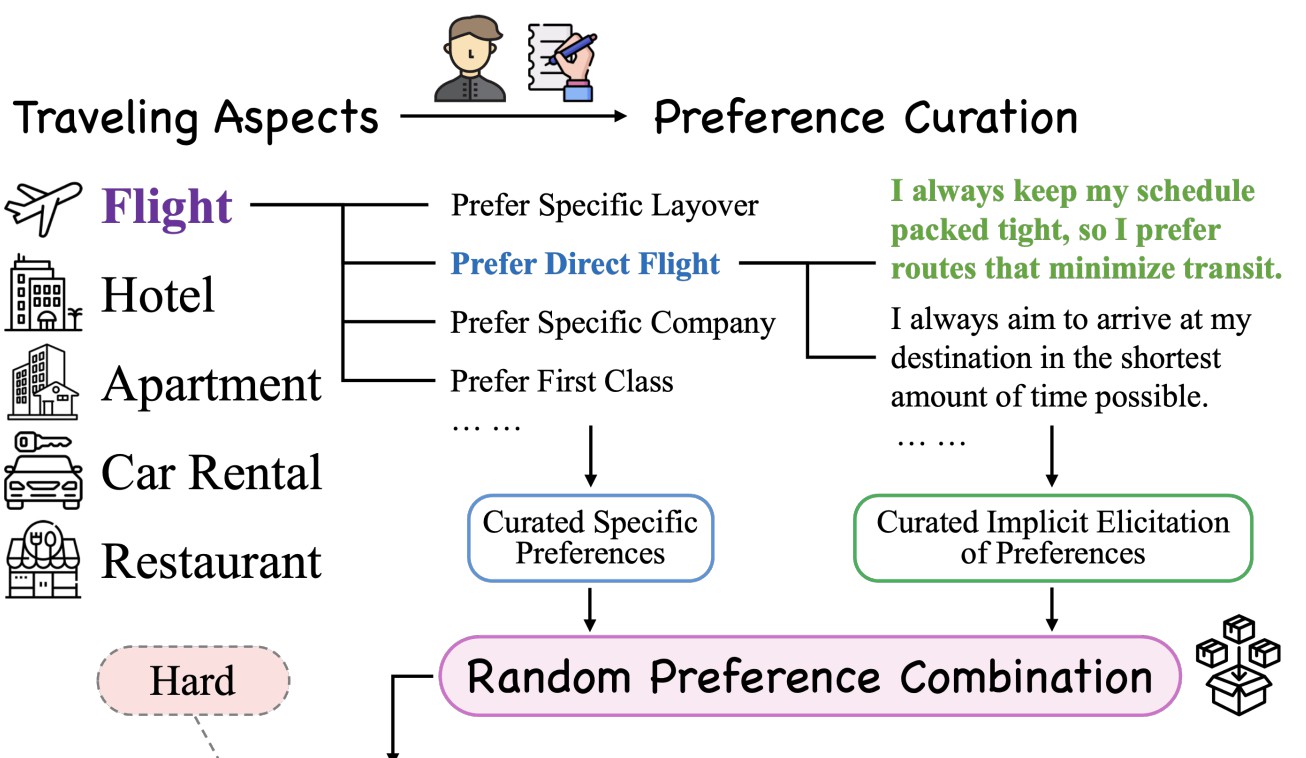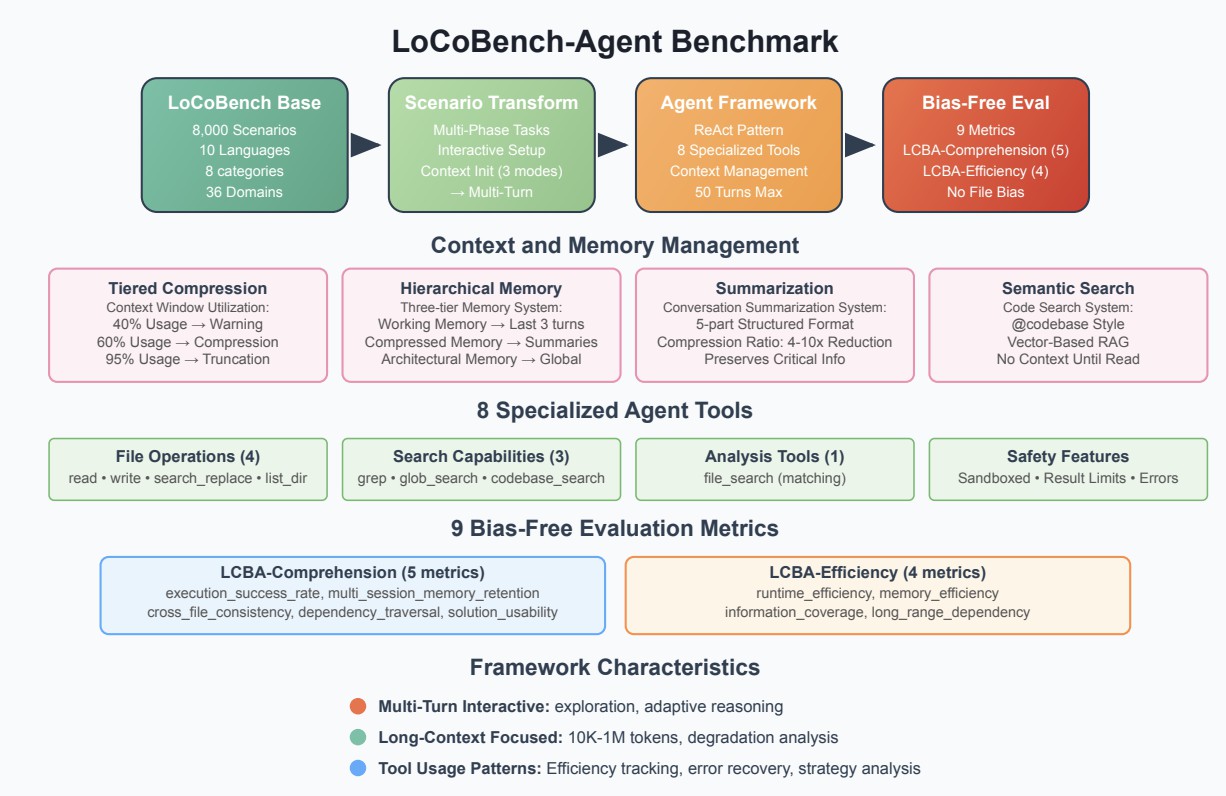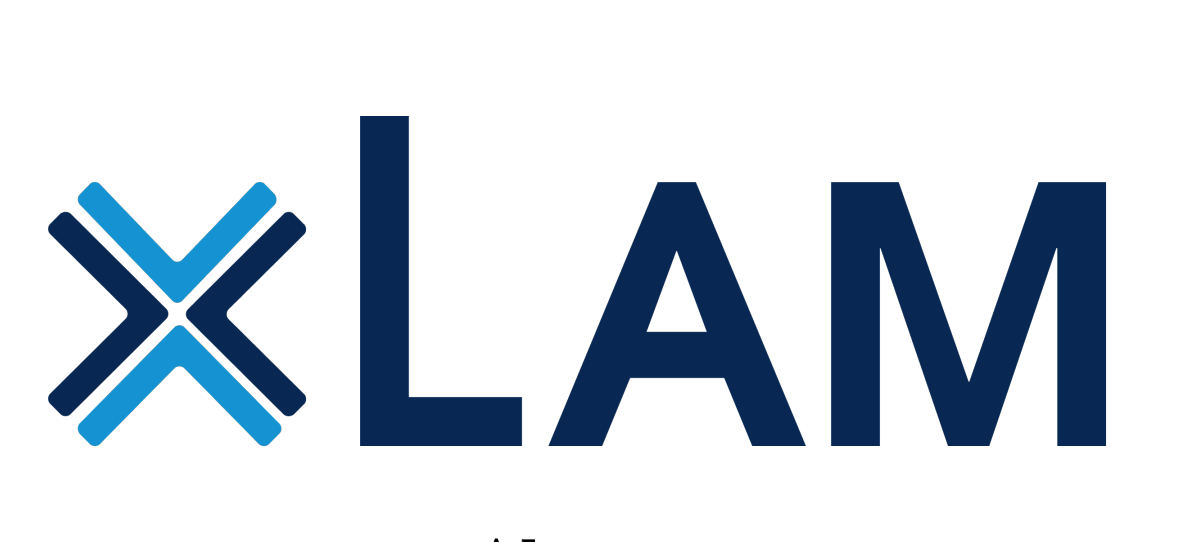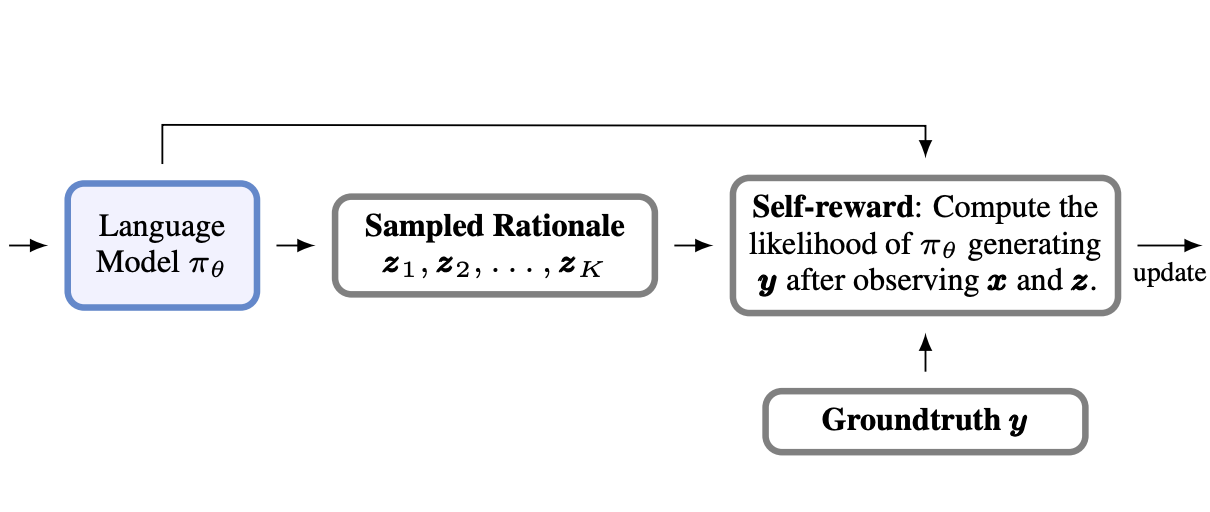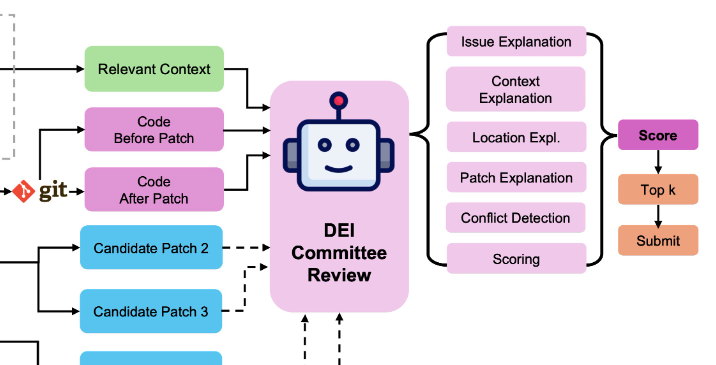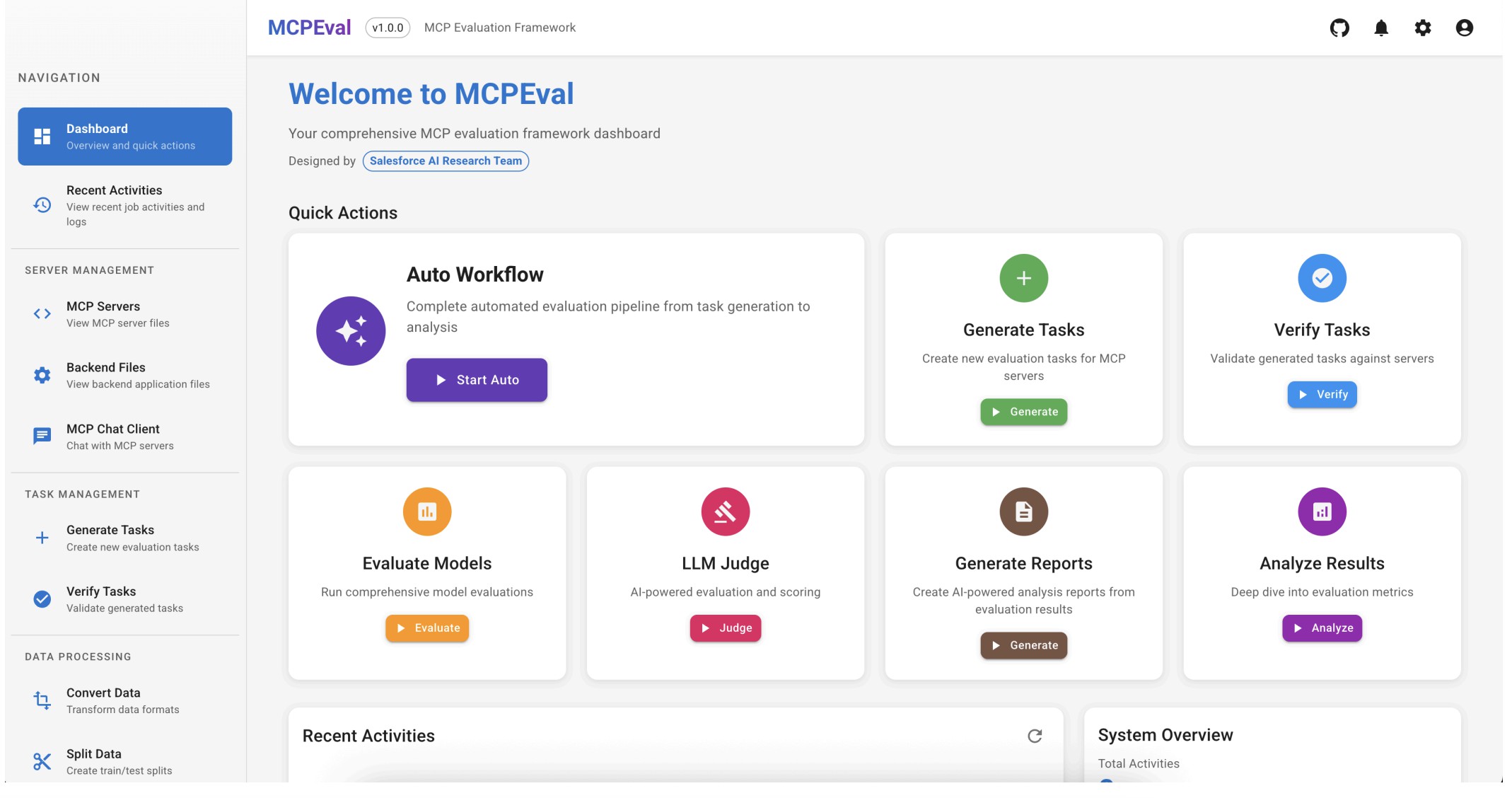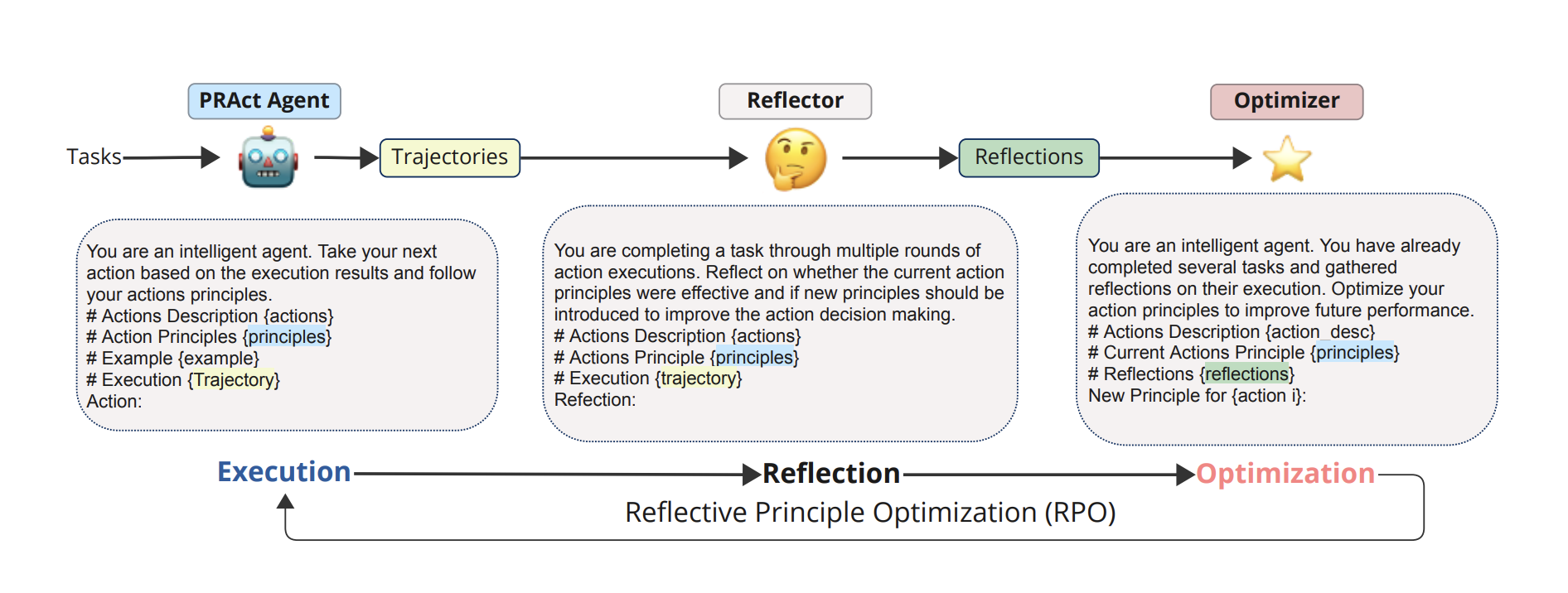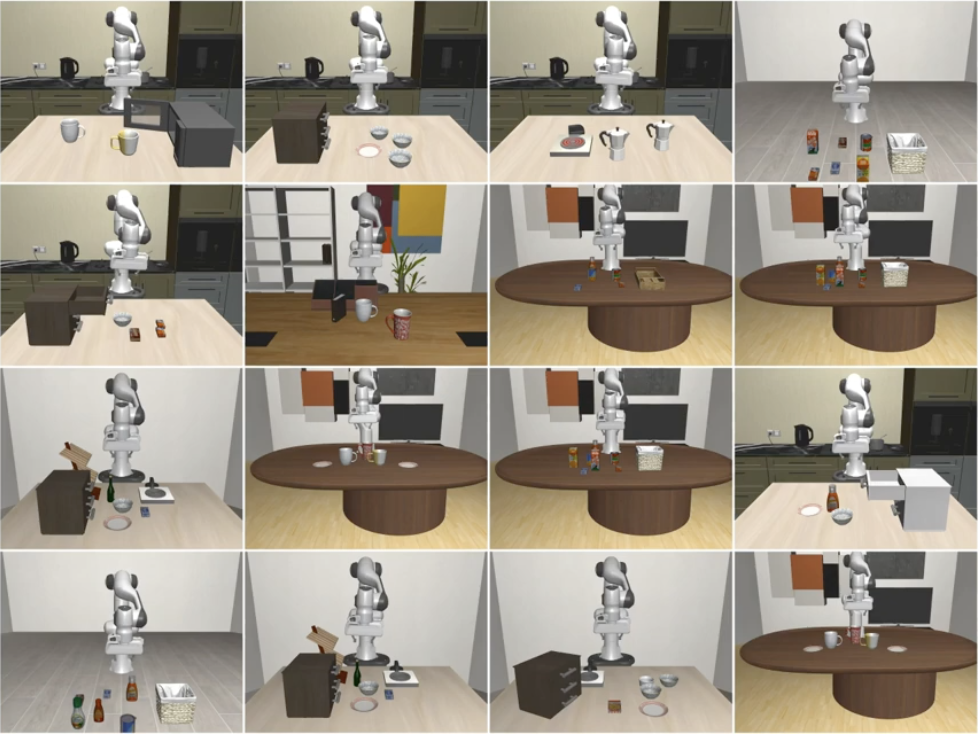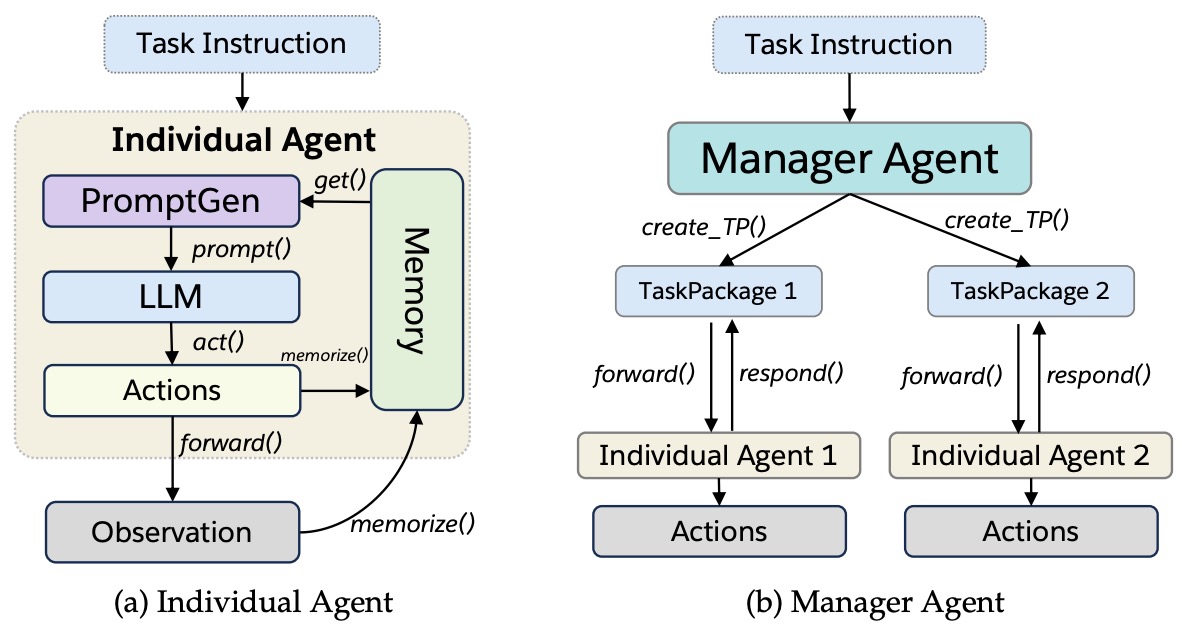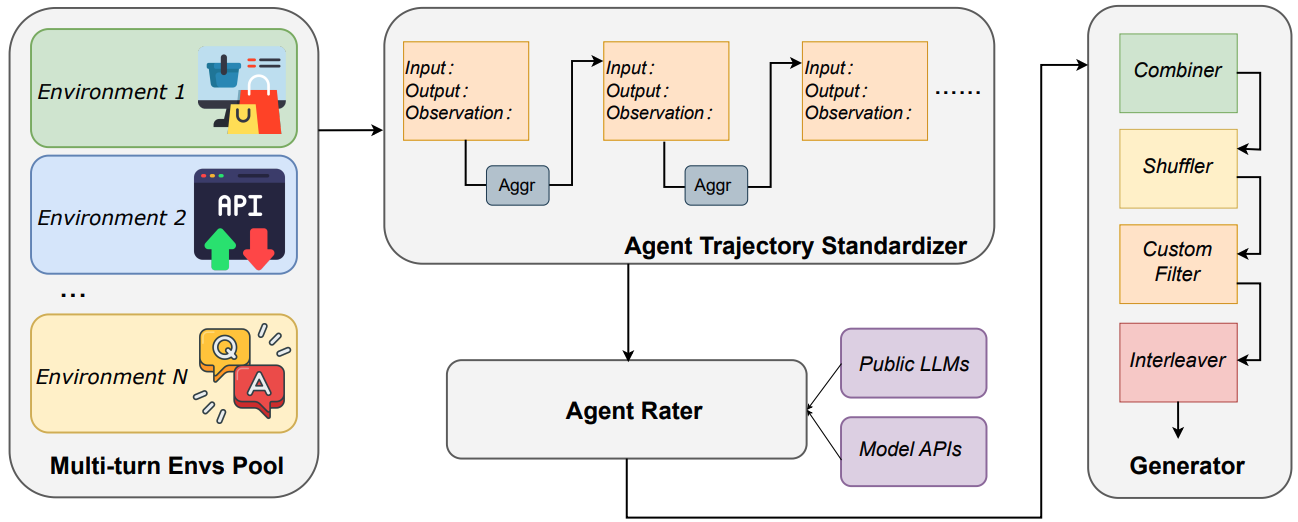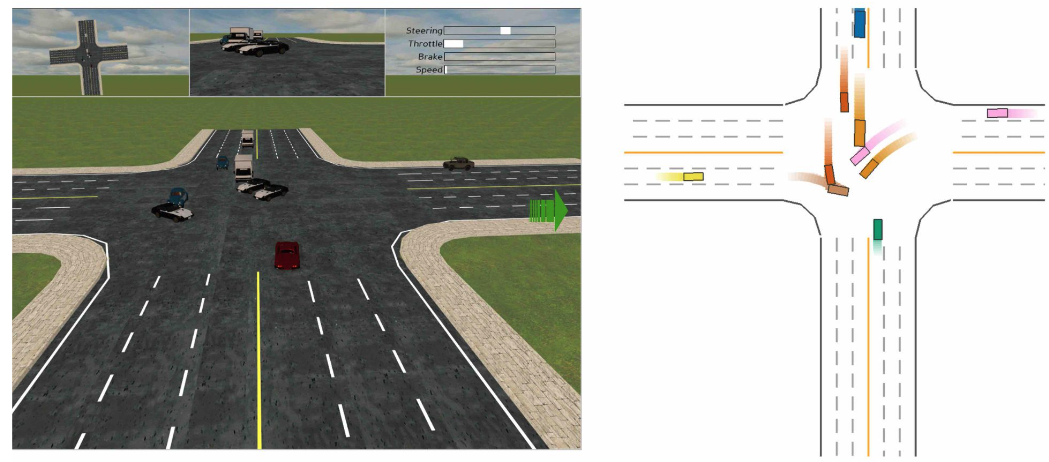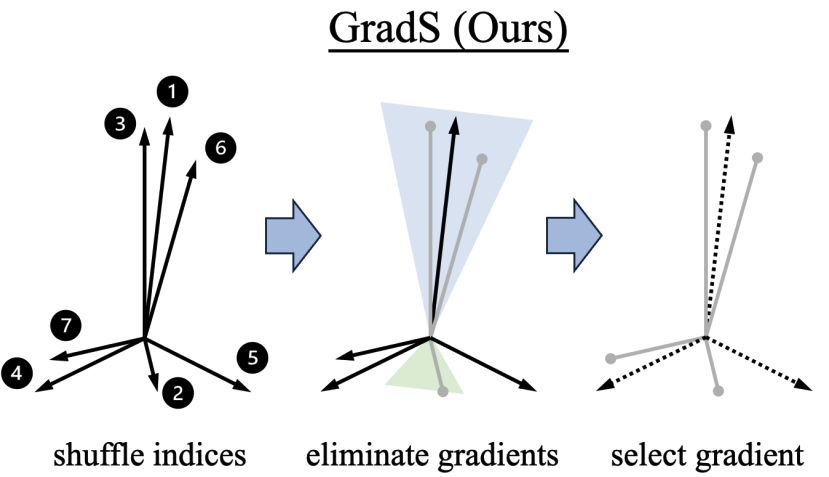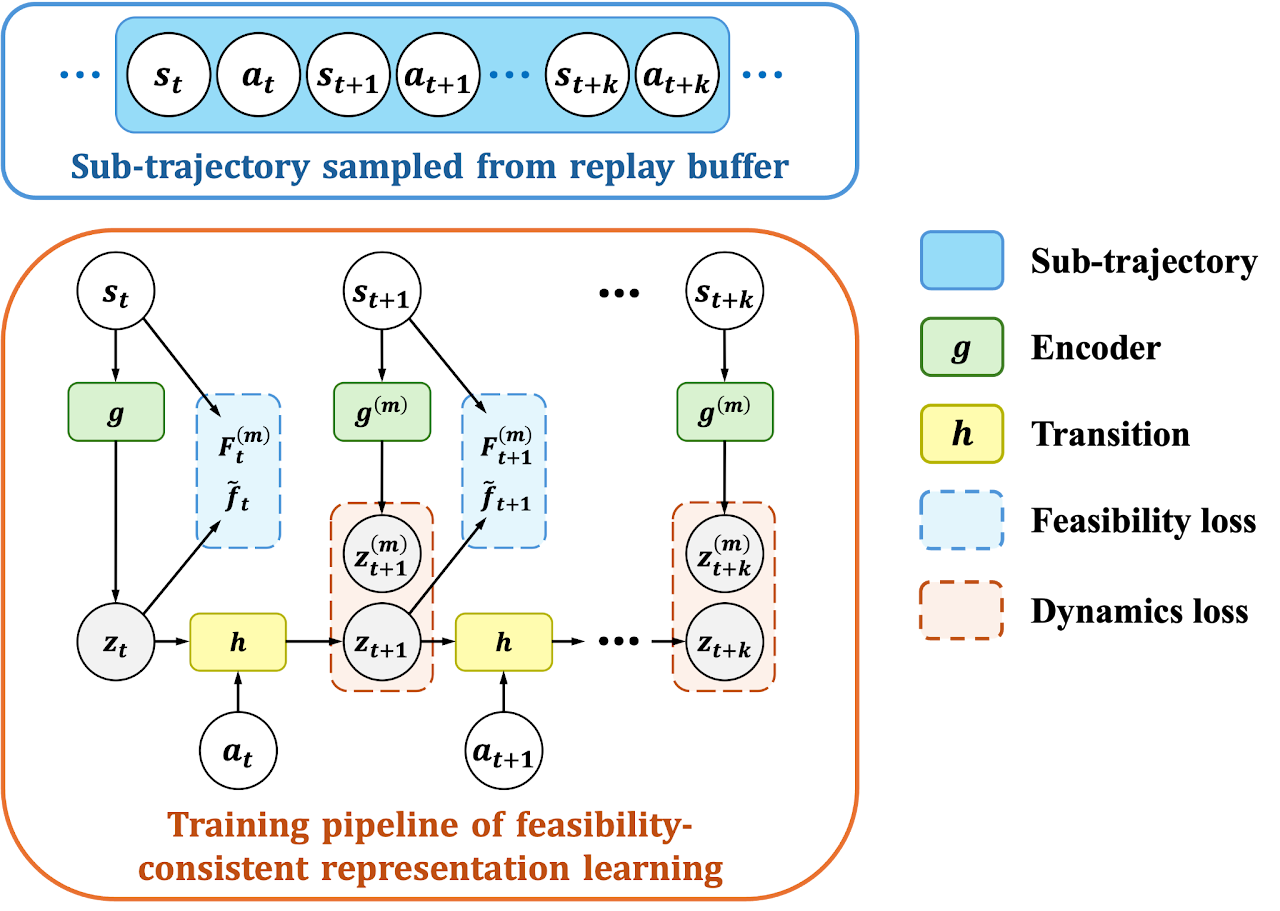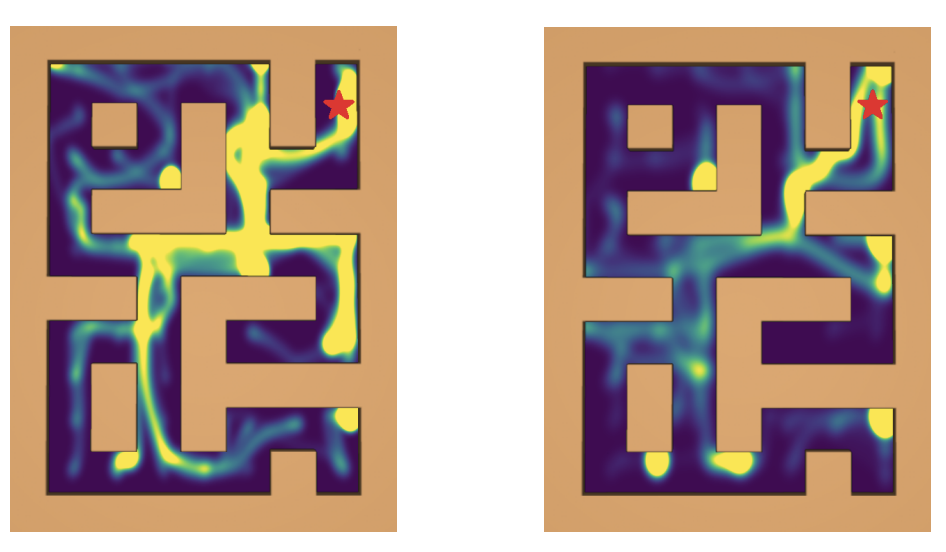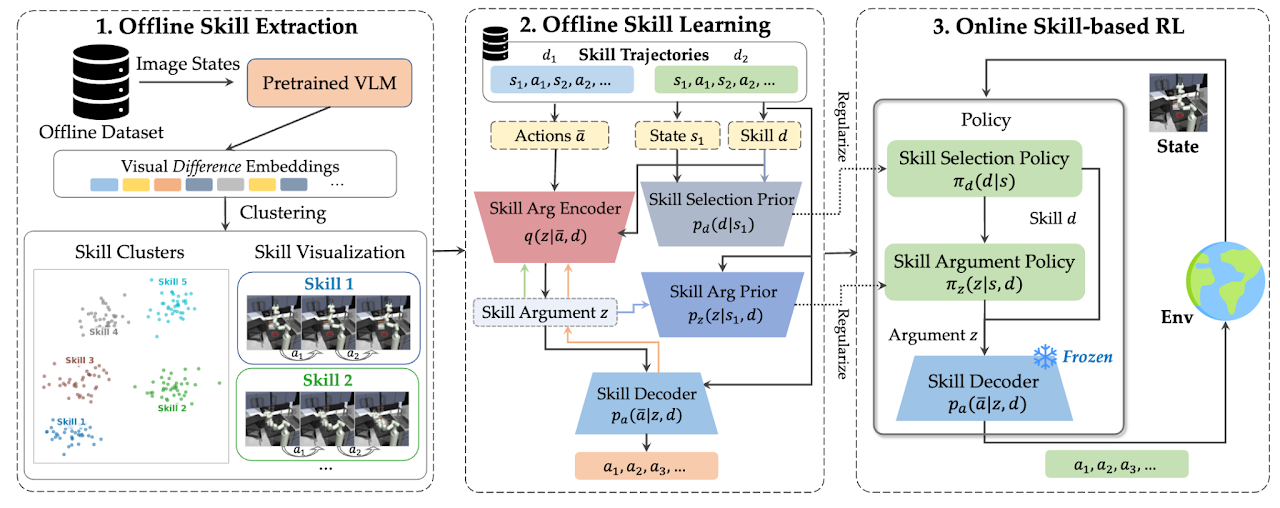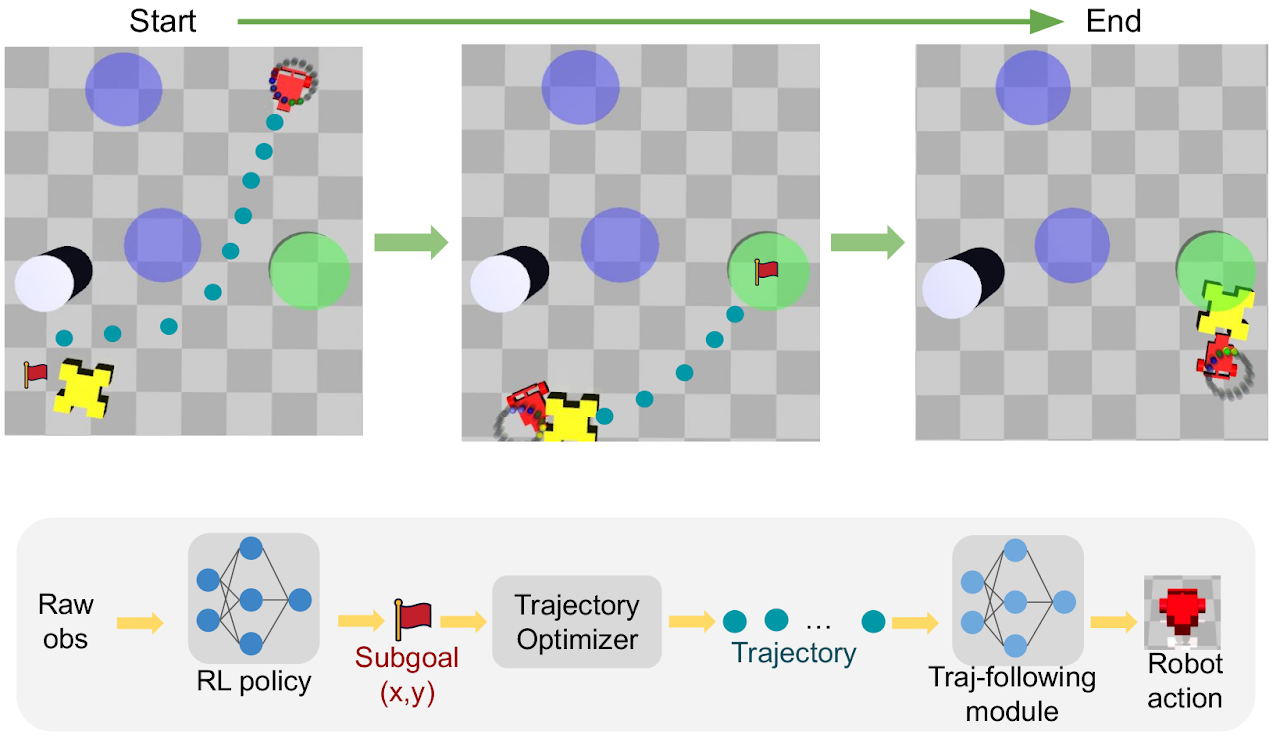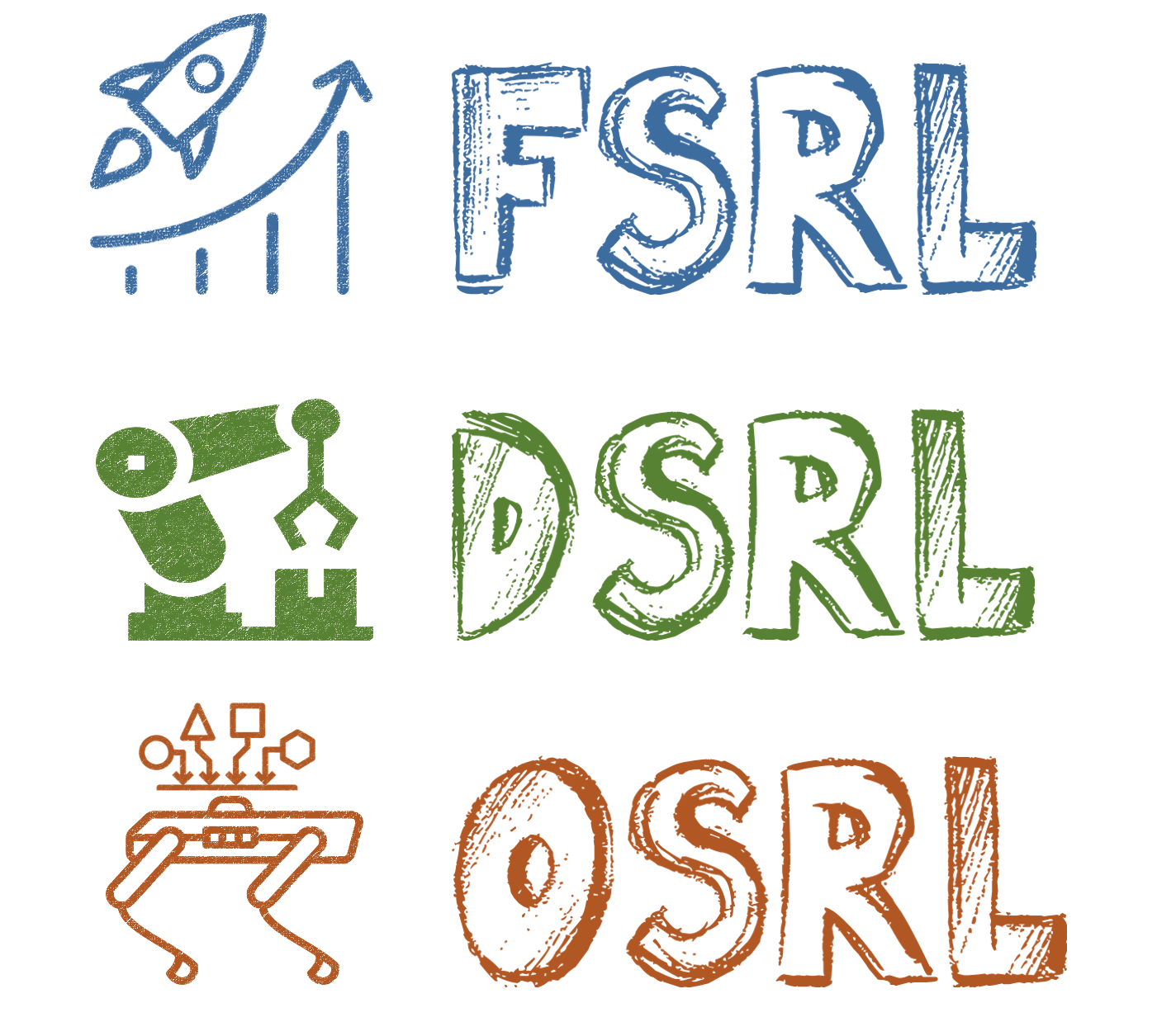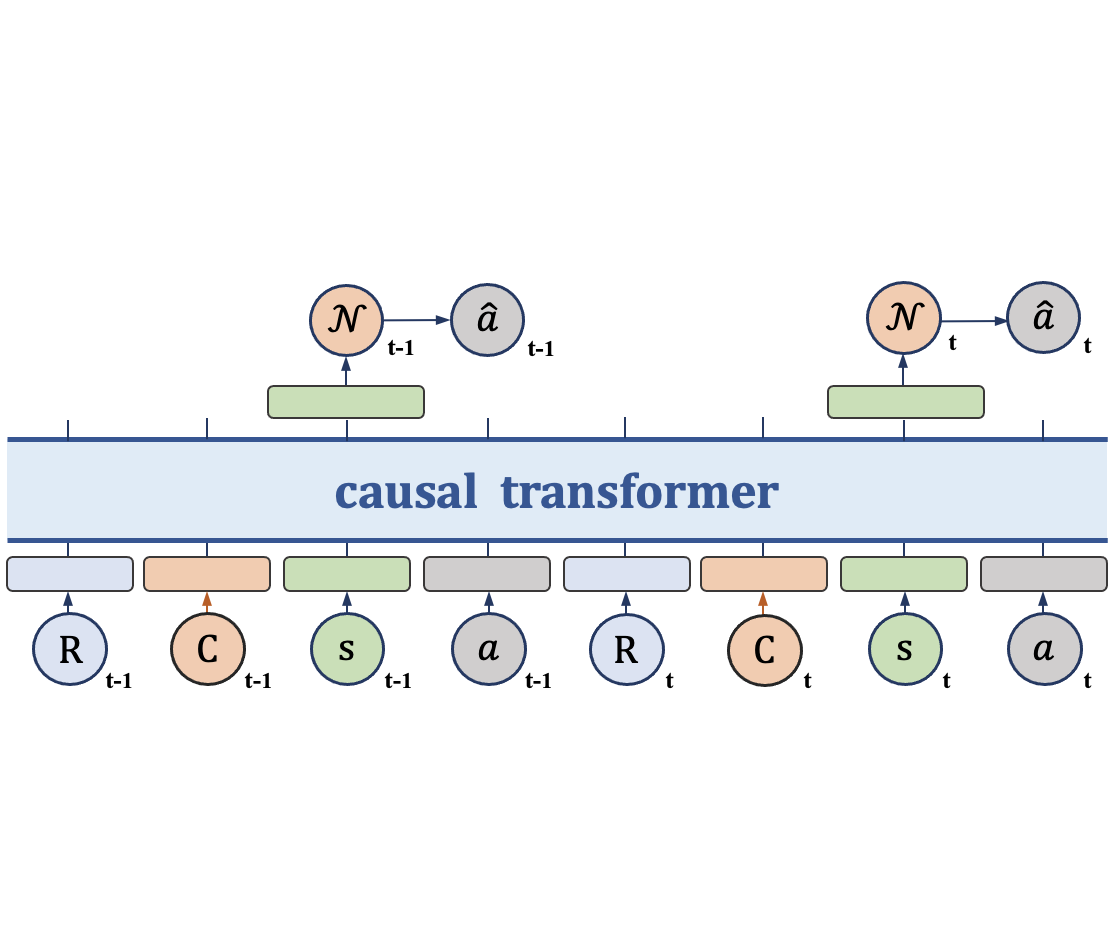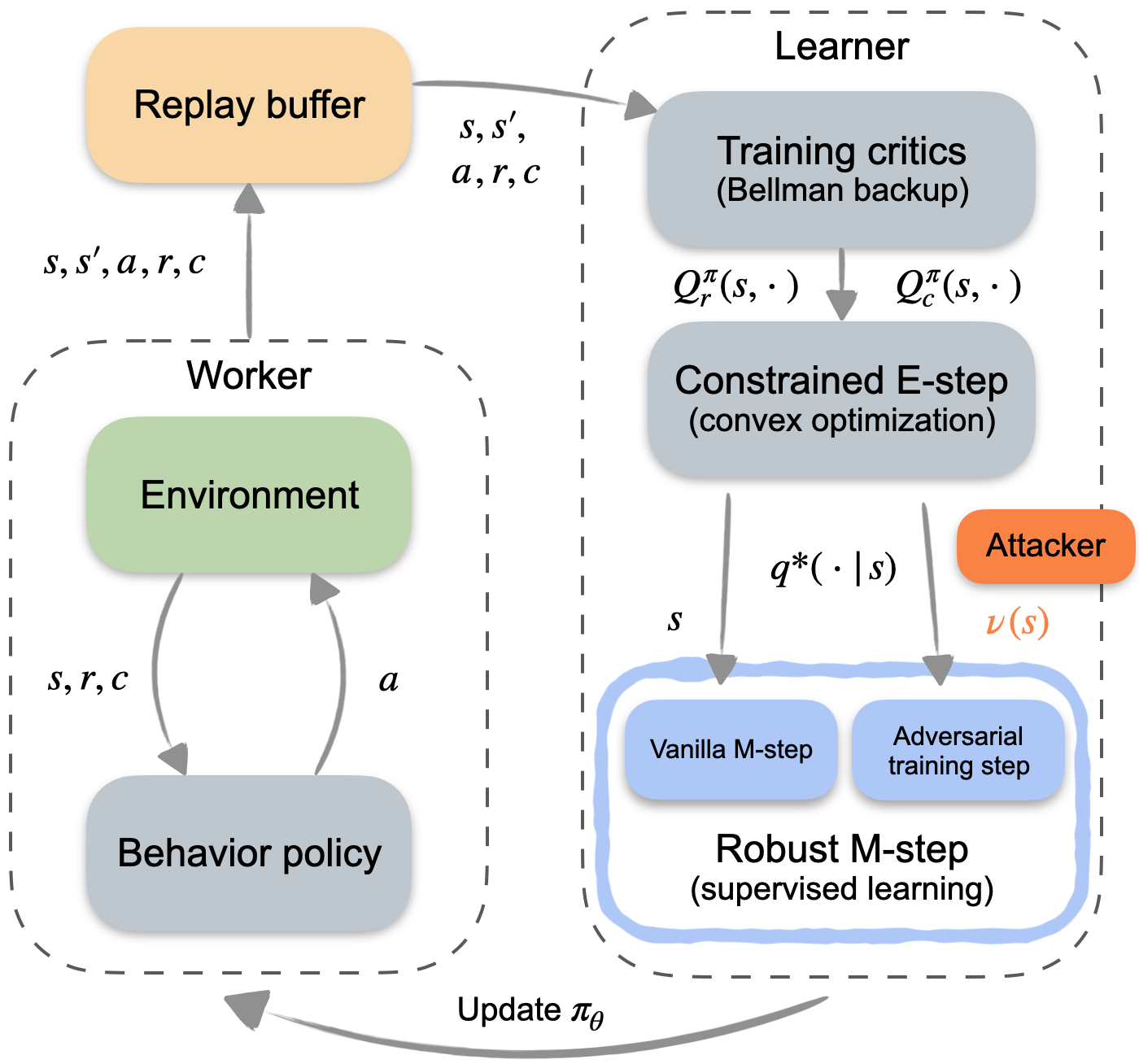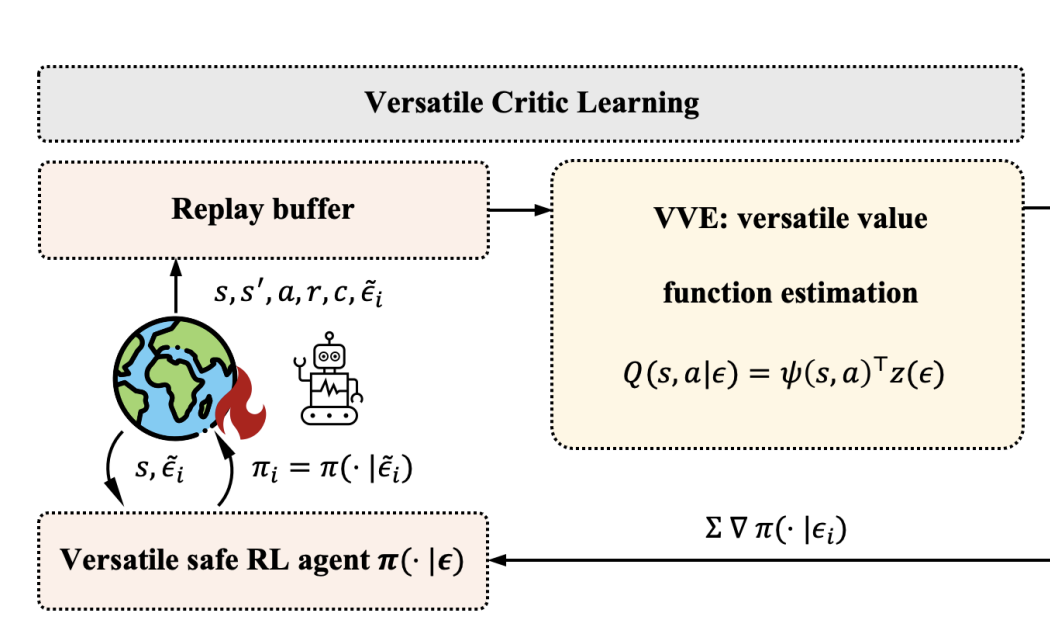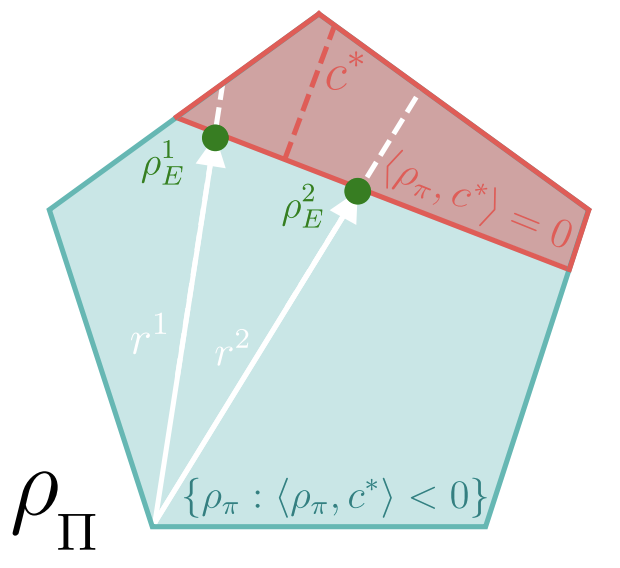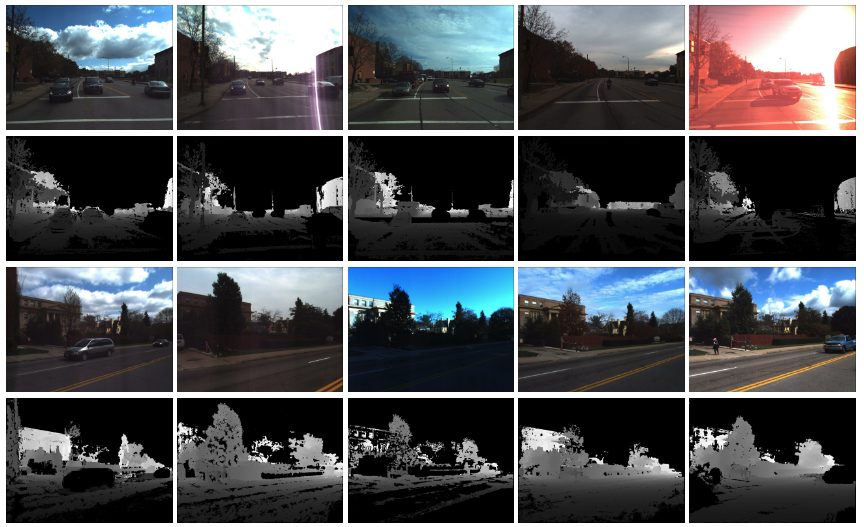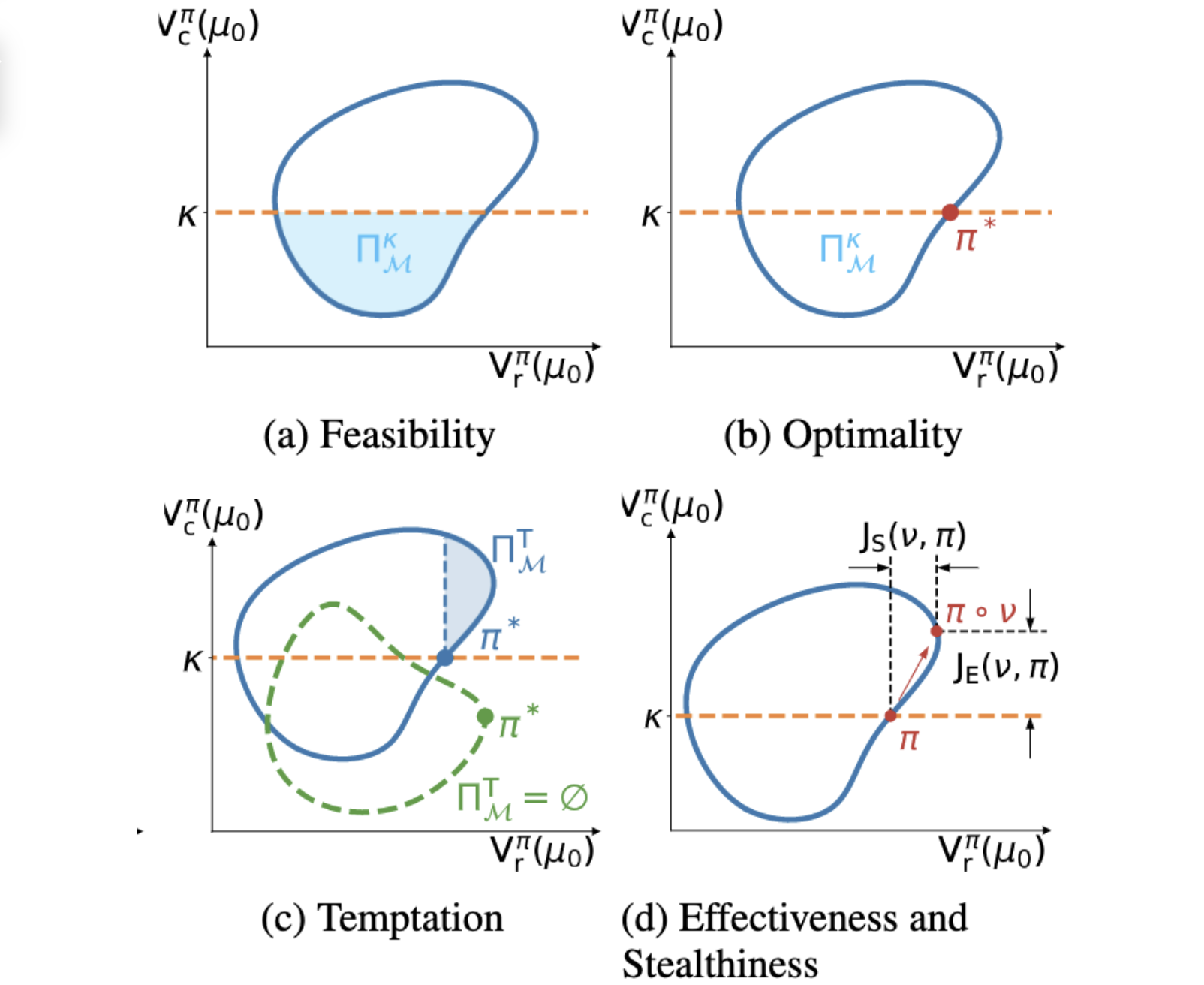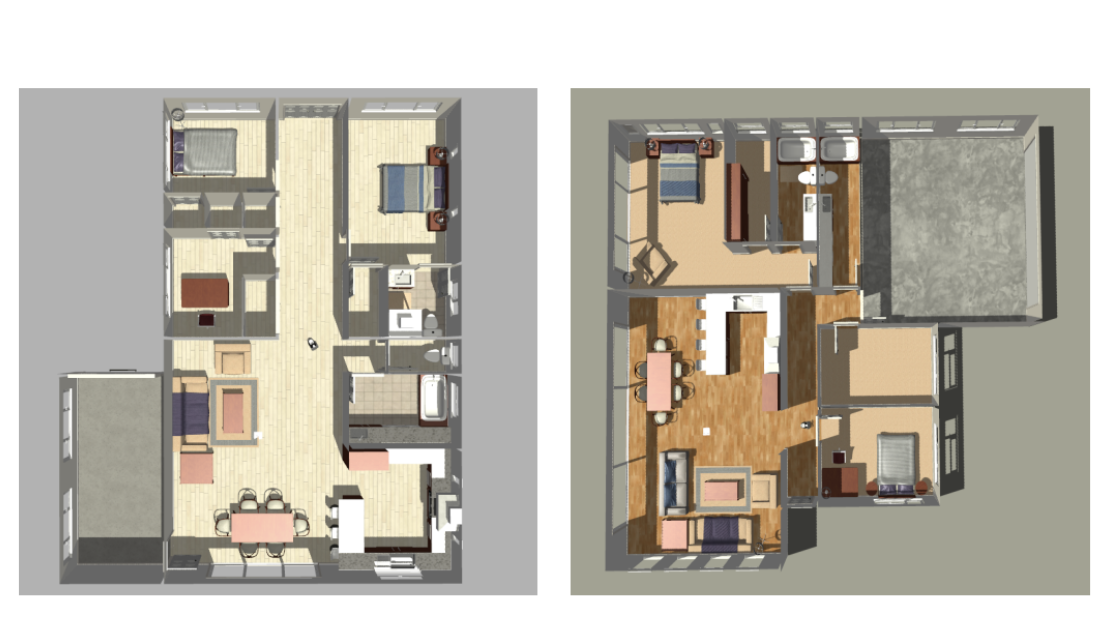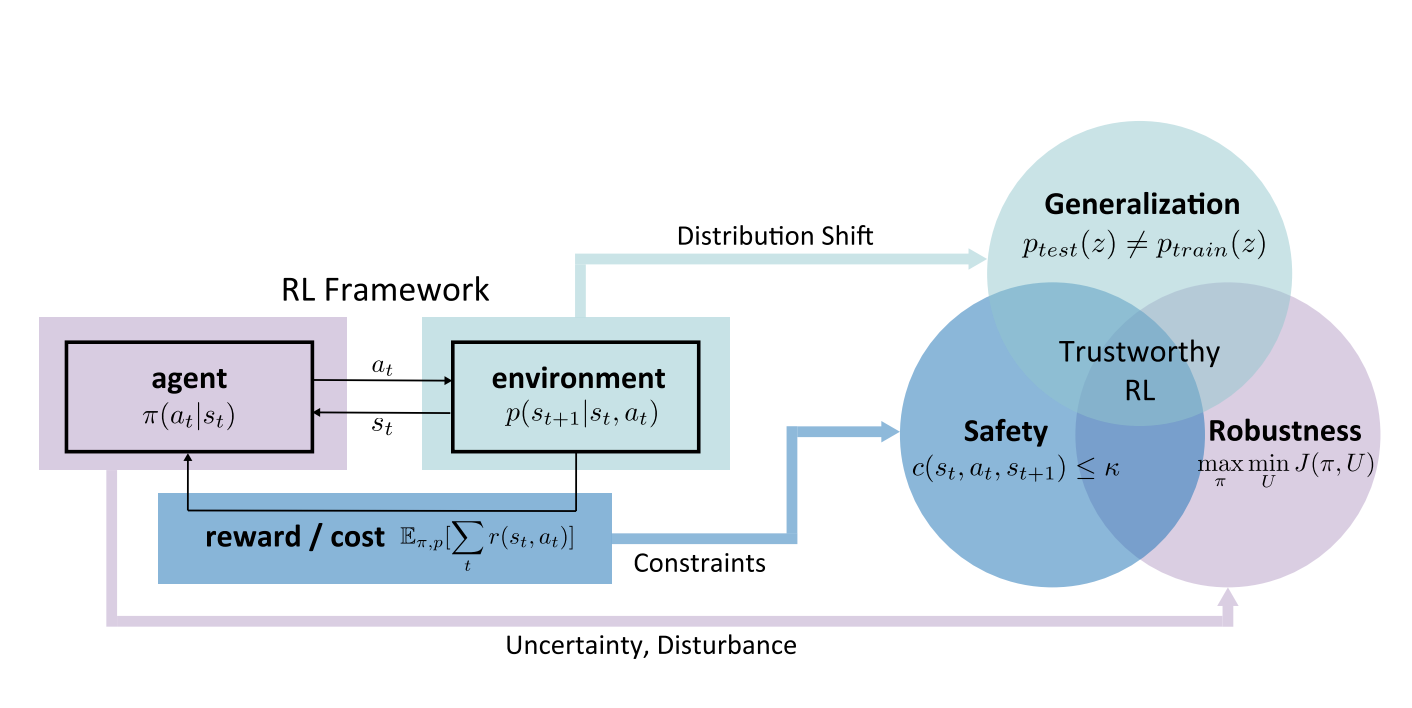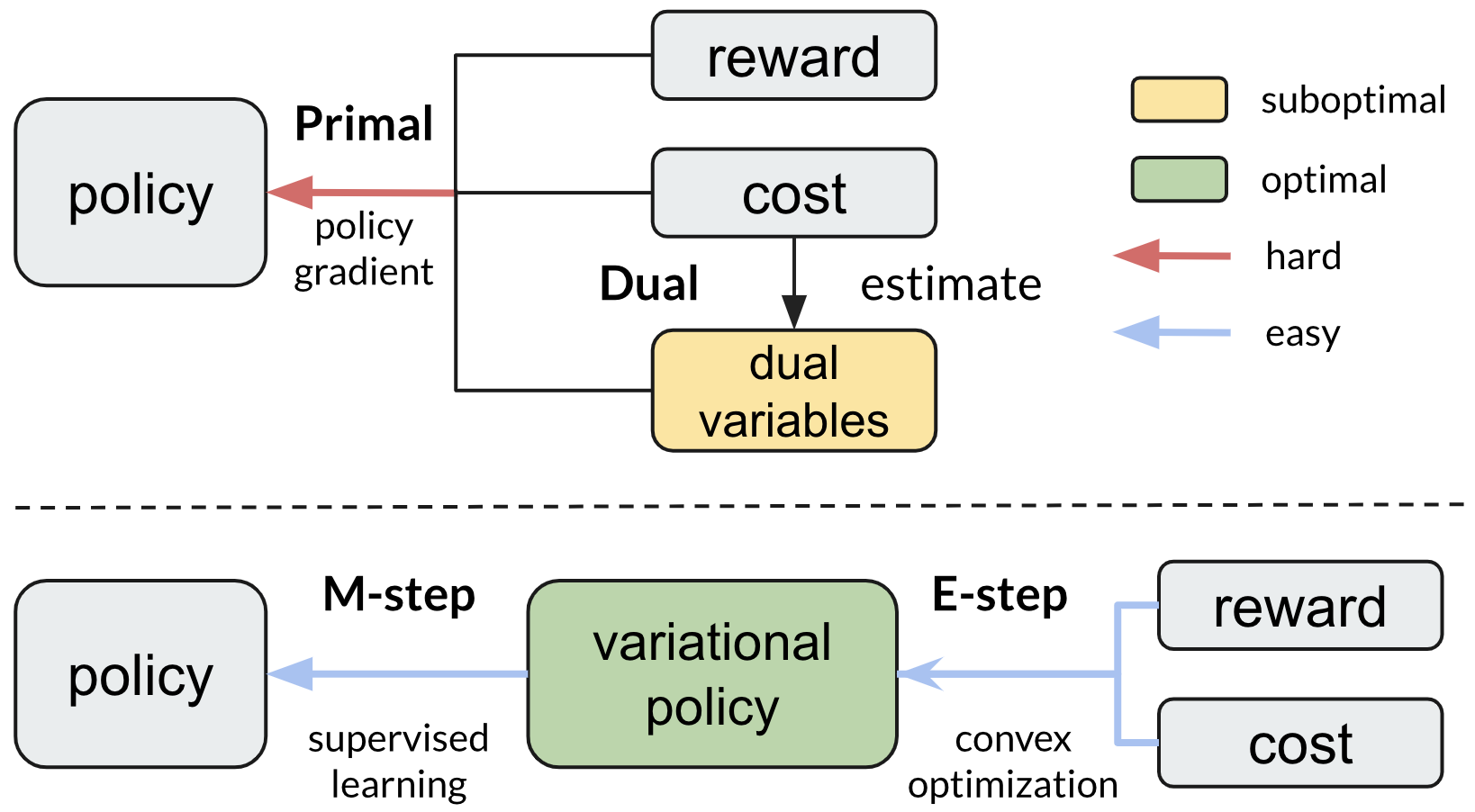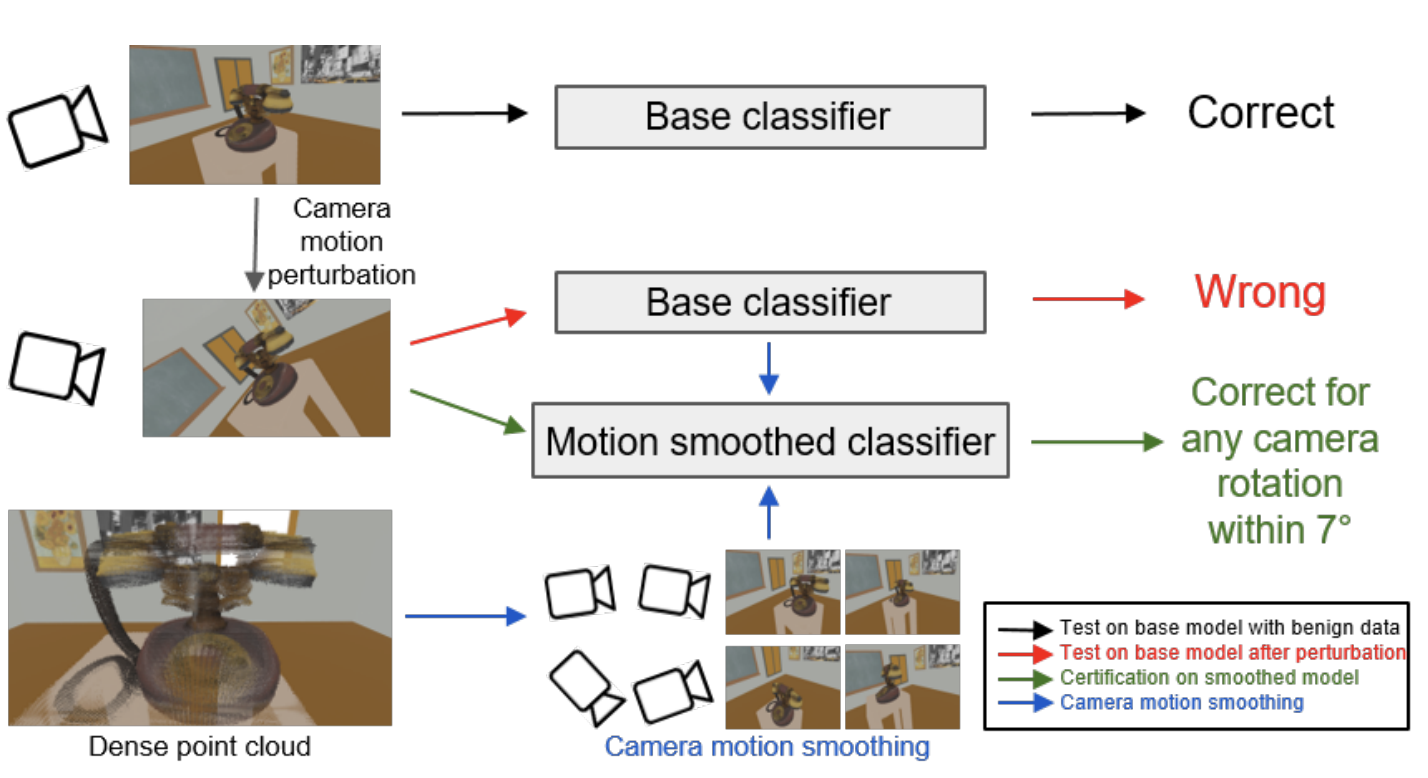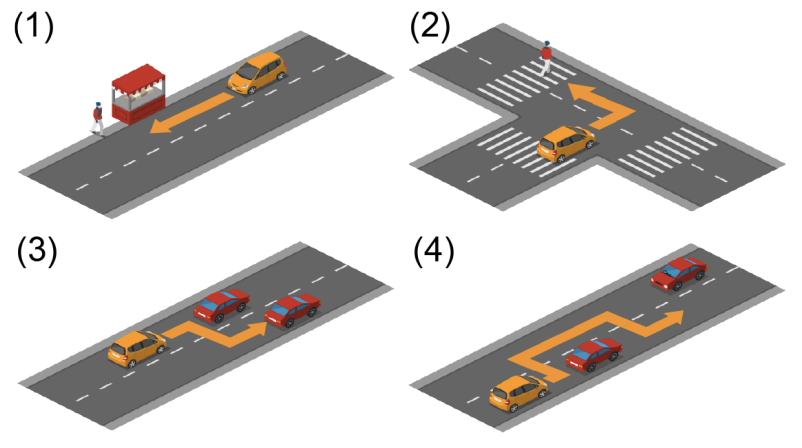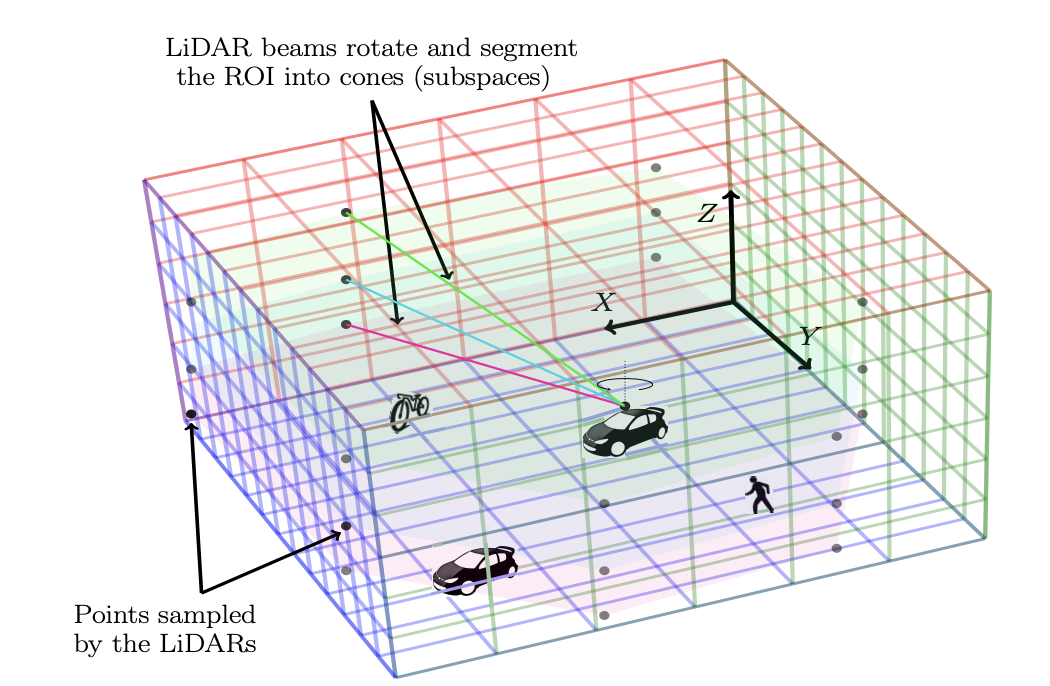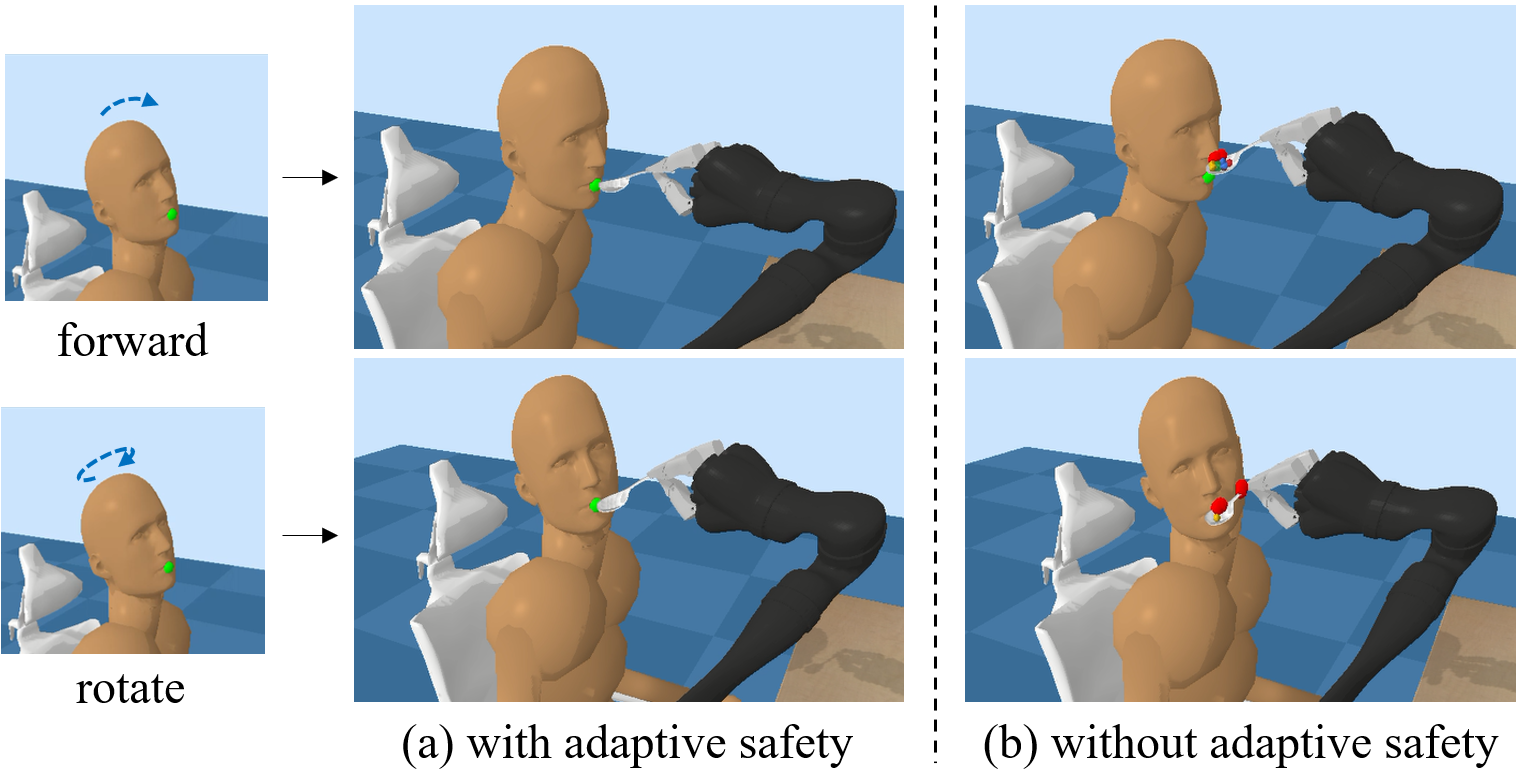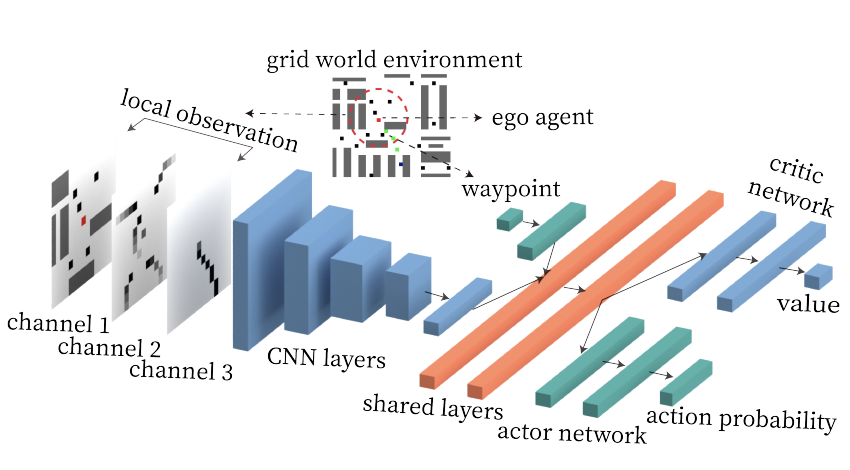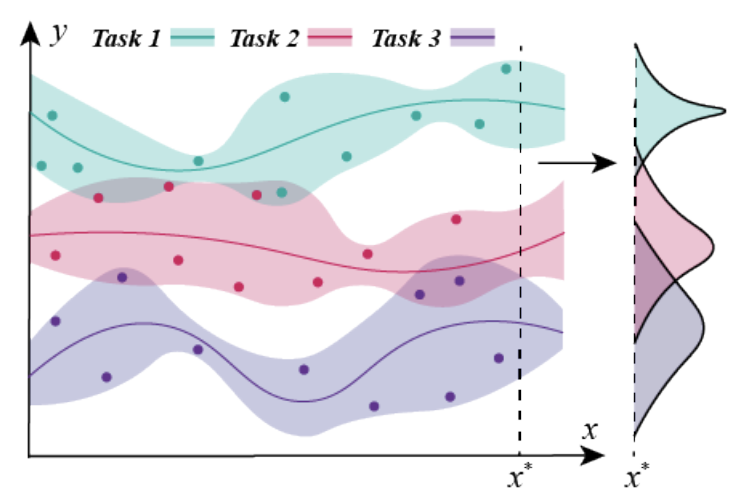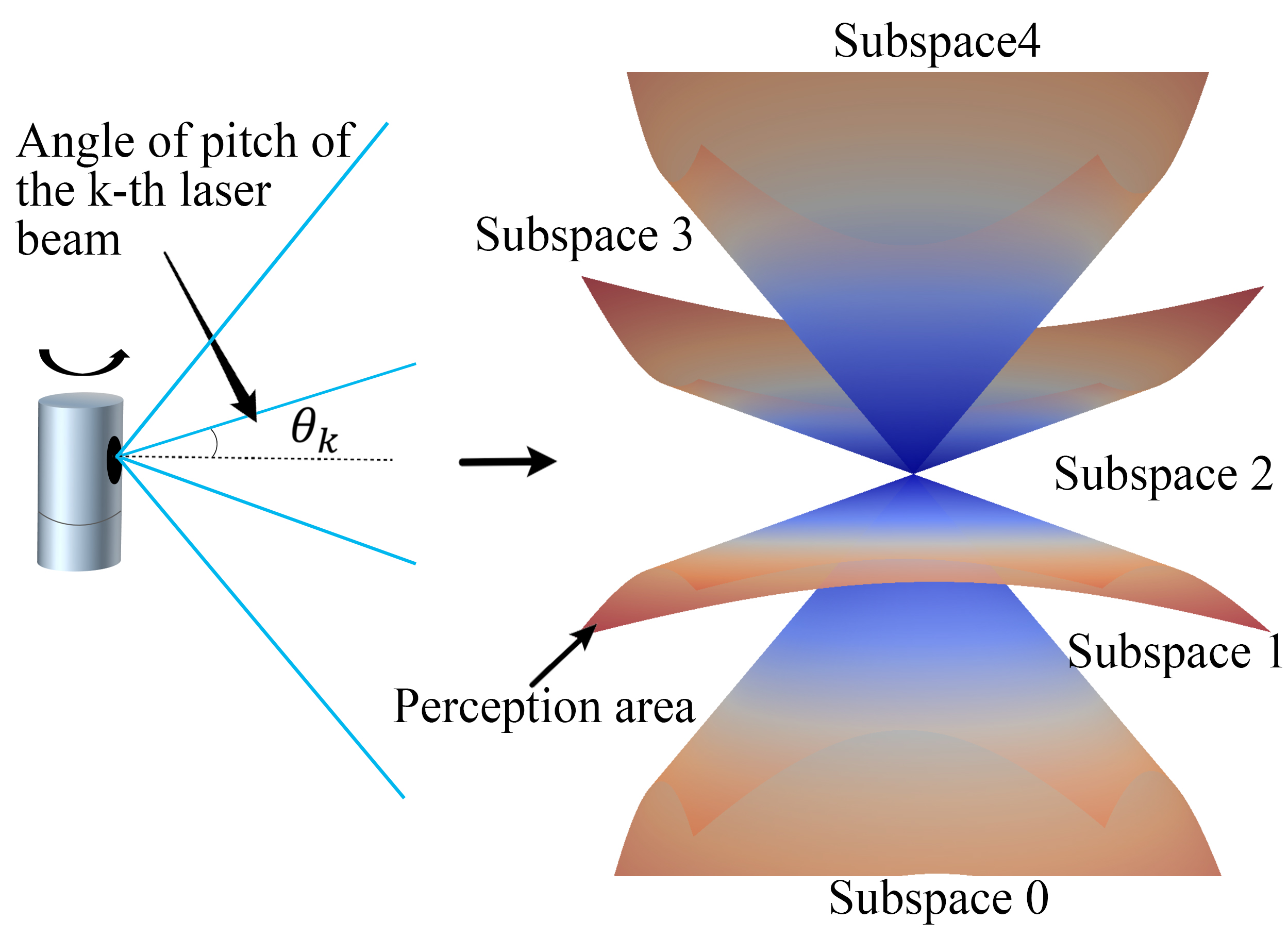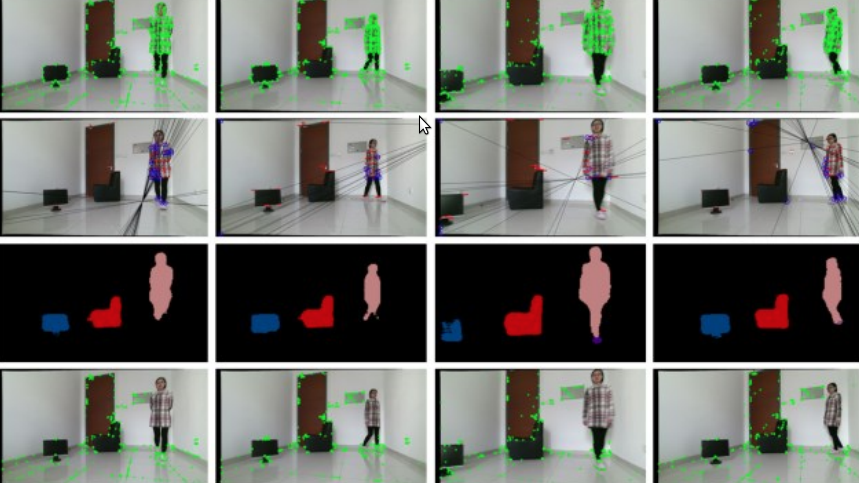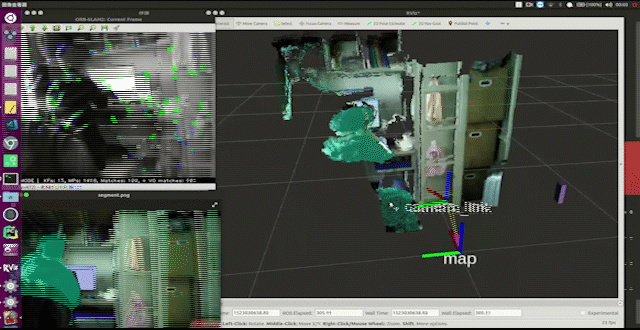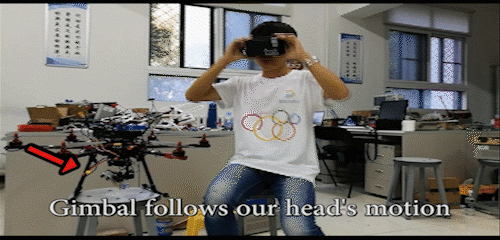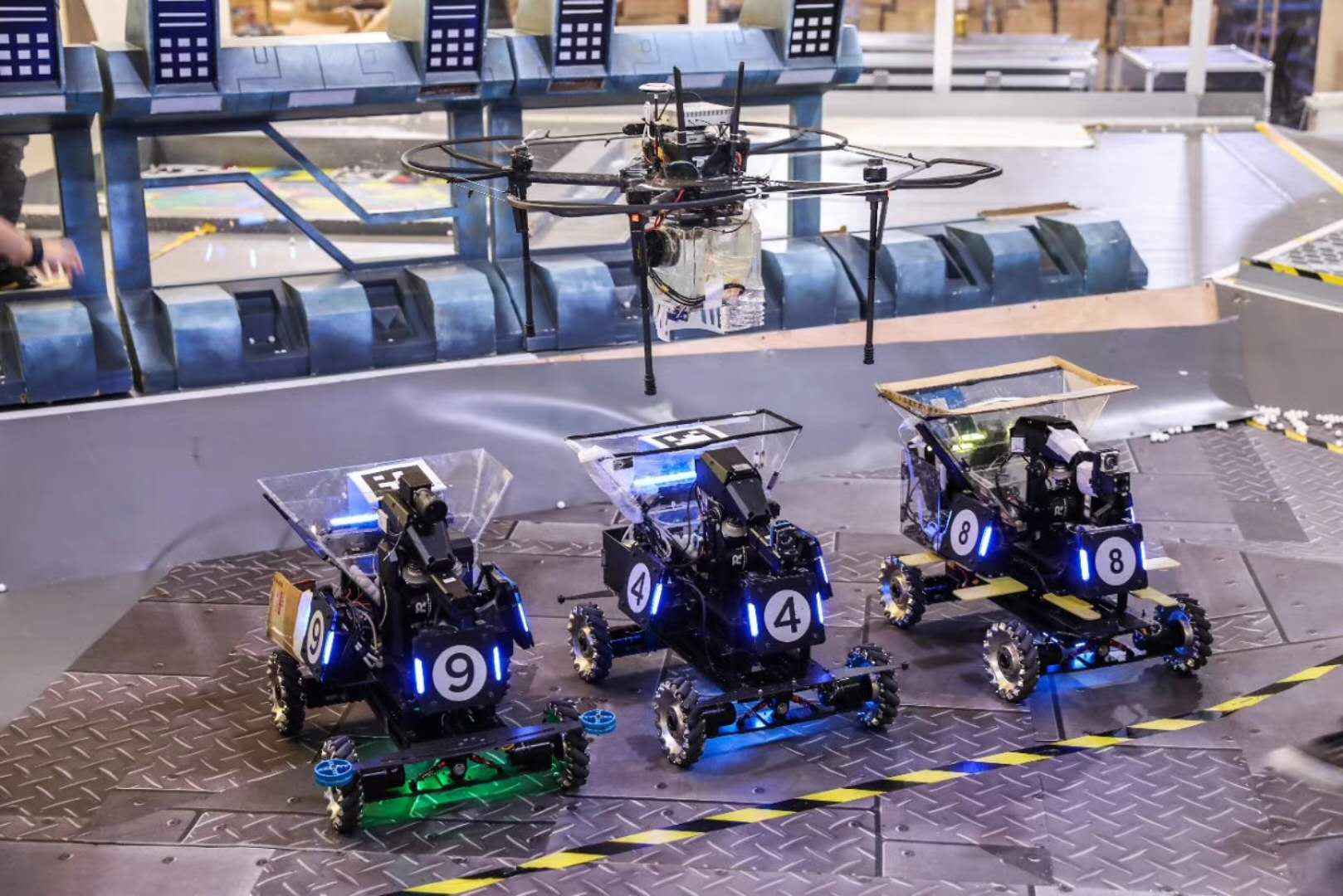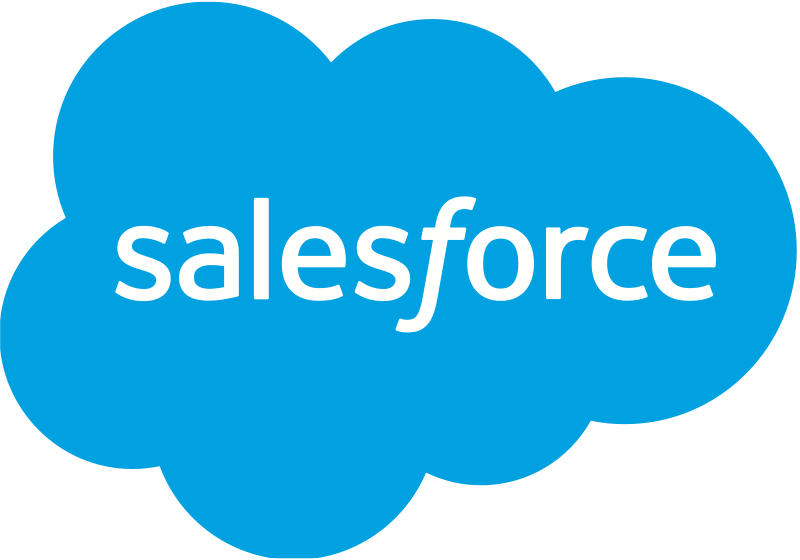News & Updates
- [2025/05] Our APIGen-MT pipeline and
xLAM-2
models have been highlighted in major tech media including VentureBeat,
CIO,
and ZDNET!
- [2025/04] Our new paper on the
agentic data synthesis that powers our xLAM-2 models is released! Check out APIGen-MT for more details.
- [2025/04] Our xLAM-2
models just got an upgrade with multi-turn support! Our 70B model ranks
#1 and 32B
model ranks #2 on the BFCL function-calling
leaderboard—beating GPT-4o, Gemini, Qwen & more. Even our smaller models like xLAM-8B-r lands at
#4 , ahead of GPT-4o.
- [2025/01] Our SWE-agent paper: Diversity Empowers Intelligence (DEI), is
accepted by ICLR 2025!
- [2024/10] Our APIGen paper is accepted by NeurIPS 2024!
- [2024/09] Check out our xLAM blog post and Technical Report Paper for insights into our
Salesforce's Large Action Models.
- [2024/08] We are thrilled to announce the release of the entire xLAM family, our
suite of Large Action Models! From the "tiny giant" 1B model to industrial powerhouses 8x22B
model. These models have achieved impressive rankings, placing #1 and #6 on the Berkeley
Function-Calling Leaderboard. Explore our Hugging
Face collection for more details.
- [2024/07] We are excited to announce the release of our two function-calling
models: xLAM-1b-fc-r and xLAM-7b-fc-r. These models have
achieved impressive rankings, placing #3 and #25 on the Berkeley
Function-Calling Leaderboard, outperforming many significantly larger models.
- [2024/06] Check our latest work APIGen, the best open-sourced models for
function calling. Our dataset is
currently among the Top-3 trending datasets on HuggingFace as of July 4, 2024. See also the Twitter by Salesforce CEO, VentureBeat
and 新智元.
- [2024/05] Our paper for efficient and safe RL is accepted by ICML
2024!
- [2024/04] Our RL dataset and benchmark paper is accepted by DMLR
Journal! Checkout the website for
details!
- [2024/02] We release our multi-LLM-Agent framework AgentLite library and paper!
- [2024/01] I joined Salesforce AI Research as a Research Scientist! Looking
forward to working with the amazing team members on LLM Agent!
- [2024/01] Our two papers, one about efficient foundation model adaptation, and
one about offline RL, are accepted by ICLR 2024!
- [2024/01] Our paper about
robustness certification is accepted by AISTATS 2024!
- [2023/09] Our two papers for safe RL, one about versatile policy learning, and one about inverse
constraint learning, are accepted by NeurIPS 2023!
- [2023/06] Our comprehensive datasets, benchmarks, and algorithms for offline safe learning are
released! Checkout our website for details!
- [2023/05] A fast safe reinforcement learning framework is released! Checkout our GitHub repo for details!
- [2023/04] Our two papers for safe RL, one about robustness and one about offline learning, are
accepted by ICML 2023!
- [2023/01] Our paper about observational robustness in safe RL is accepted by ICLR
2023!
- [2022/12] Our paper about robustness in safe RL win the AI Risk Analysis Award
at the 2022 NeurIPS ML Safety Workshop!
- [2022/09] Our work about robustness certification in visual perception is accepted by
CoRL 2022.
- [2022/09] Our work about safety evaluation for self-driving vehicles is accepted by
NeurIPS 2022.
- [2022/07] Our paper about robustness in safe RL win the best paper runner-up in
the SL4AD Workshop
at ICML 2022!
- [2022/07] I am glad to present my work about safe RL at Google DeepMind robotics team.
- [2022/05] Our paper about variational inference approach for off-policy safe RL is accepted by
ICML 2022!
- [2022/05] I give a talk about recent advances in safe RL at Prof. Fei Fang's lab.
- [2022/04] Our work about safe learning for delivery robot is featured on the front page of CMU
news!
- [2022/03] Our paper about LiDAR sensing in autonomous vehicle is accepted by CVPR
2022!
- [2021/11] The autonomous delivery robot that we have built for one year is featured by CMU
Engineering.
- [2021/07] We win the Hackathon
during my intern at Nuro! Really enjoyed to solve challenging real-world problems for
self-driving.
Research Interests
My long-term ambition is to develop AI agents capable of achieving and surpassing human-level
performance in various daily tasks, ultimately freeing humans from repetitive work and enhancing
productivity. Beyond the commonly recognized capabilities like reasoning and planning, I believe
that continual self-evolution (in terms of training) and
self-reflection (during deployment) are also essential traits of truly intelligent
agents. This aligns with the core principles of reinforcement learning (RL), which
I view as a guiding philosophical framework for thinking and studying AI agents.
My research aims to apply the foundational principles—not just the methods—of RL to large language
model (LLM)-based agents, contributing to the promising future of AI Agent systems that that
evolve, learn, and interact in ways that
complement and enhance human capabilities. Currently, I am developing scalable approaches, such as
utilizing synthetic data, to improve models' agentic abilities, and leveraging environmental
feedback to better enable self-learning and reflection, as exemplified like the Software Engineering
Agent.




